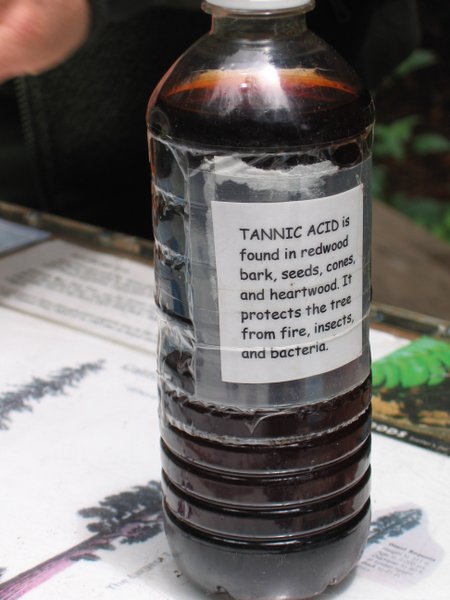Tony
Quality over Quantity
- Joined
- 26/4/04
- Messages
- 7,168
- Reaction score
- 276
Awsome Post TB!
I tend to achieve higher efficiency but using a slow sparge..... like 1 or 2 hrs to drain the mash and sparge is only ever a sinlgle sparge that is sort of a mix between a batch and a fly where i drain the mash tun to the kettle and them re-fill it again and circulate it for 5 or 10 min through the herms but dont stir or disturb the grain bed at any time.
I treat my sparge water with some CaSo4 or CaCl depending on what im making and use a bit of acidulated malt in the mash the help keep the PH right. I always drain my mash tun at mash tamp and sparge cool at about 71 to 72 deg.
I have noticed when i rush and sparge quickly over say 20 min, my efficiency drops to around 70 to 75% and the beer just isnt as nice. Perhaps im catching more flavour compounds with the slow sparge and less tanins with the low temp sparge?
It seems to work at my place anyway.
Cheers
I tend to achieve higher efficiency but using a slow sparge..... like 1 or 2 hrs to drain the mash and sparge is only ever a sinlgle sparge that is sort of a mix between a batch and a fly where i drain the mash tun to the kettle and them re-fill it again and circulate it for 5 or 10 min through the herms but dont stir or disturb the grain bed at any time.
I treat my sparge water with some CaSo4 or CaCl depending on what im making and use a bit of acidulated malt in the mash the help keep the PH right. I always drain my mash tun at mash tamp and sparge cool at about 71 to 72 deg.
I have noticed when i rush and sparge quickly over say 20 min, my efficiency drops to around 70 to 75% and the beer just isnt as nice. Perhaps im catching more flavour compounds with the slow sparge and less tanins with the low temp sparge?
It seems to work at my place anyway.
Cheers





